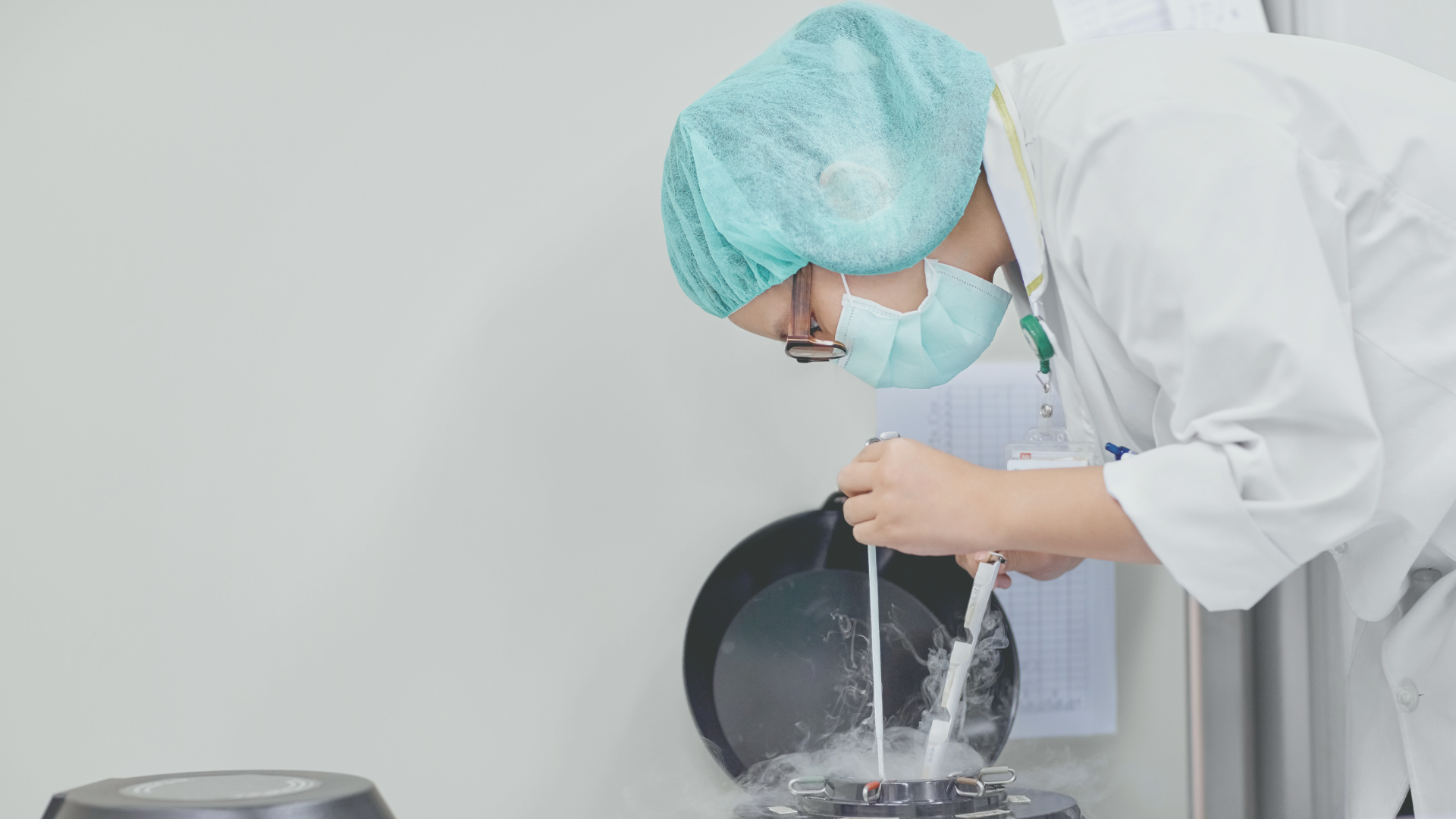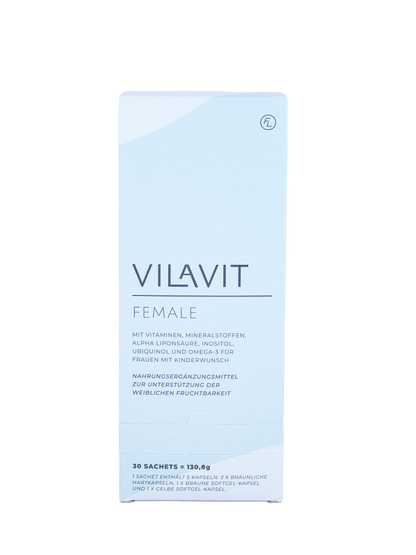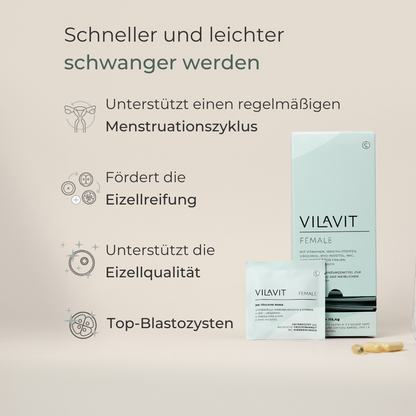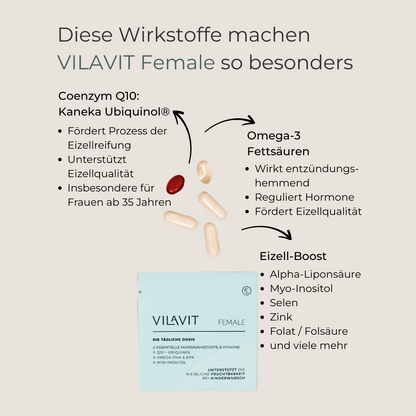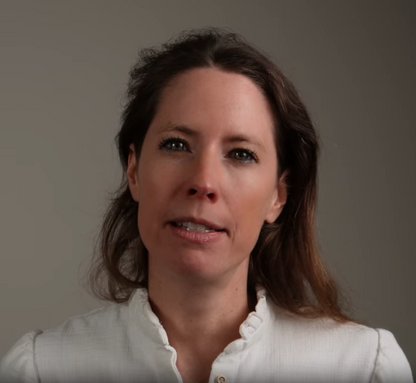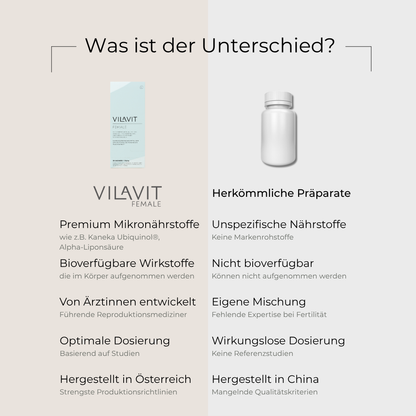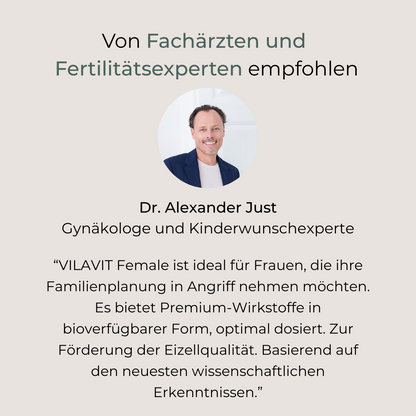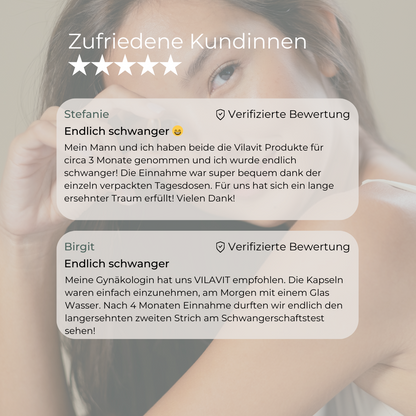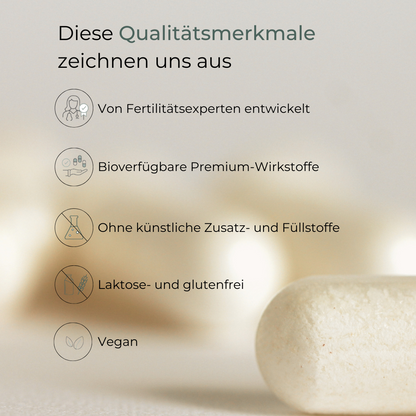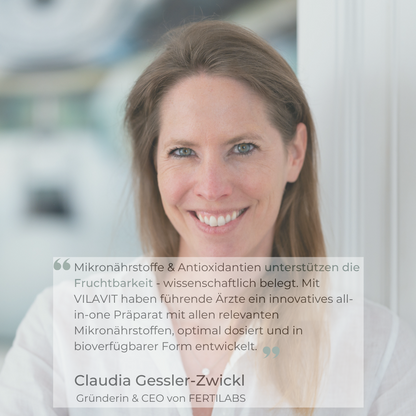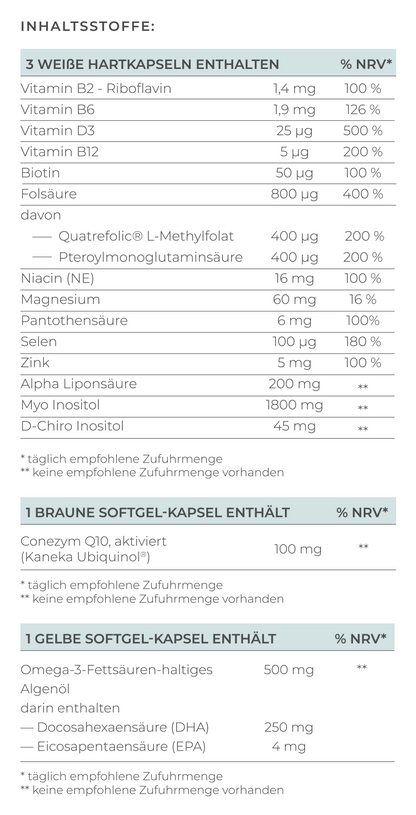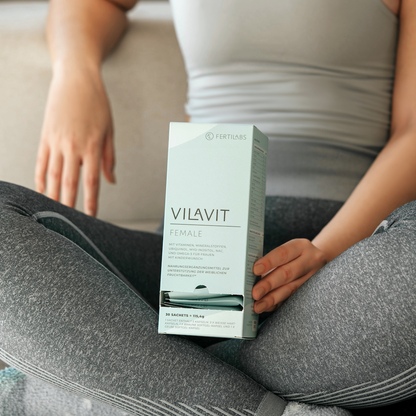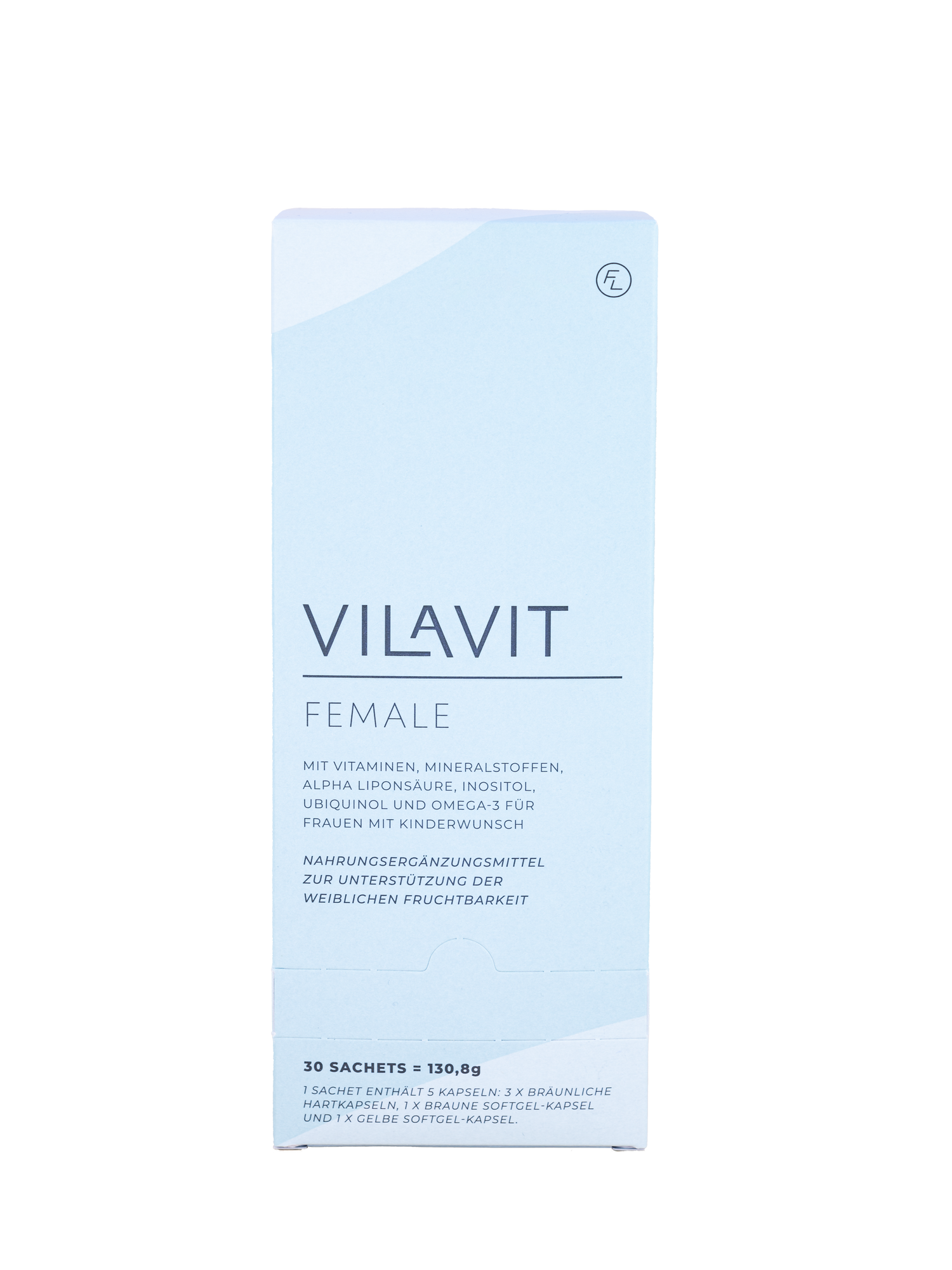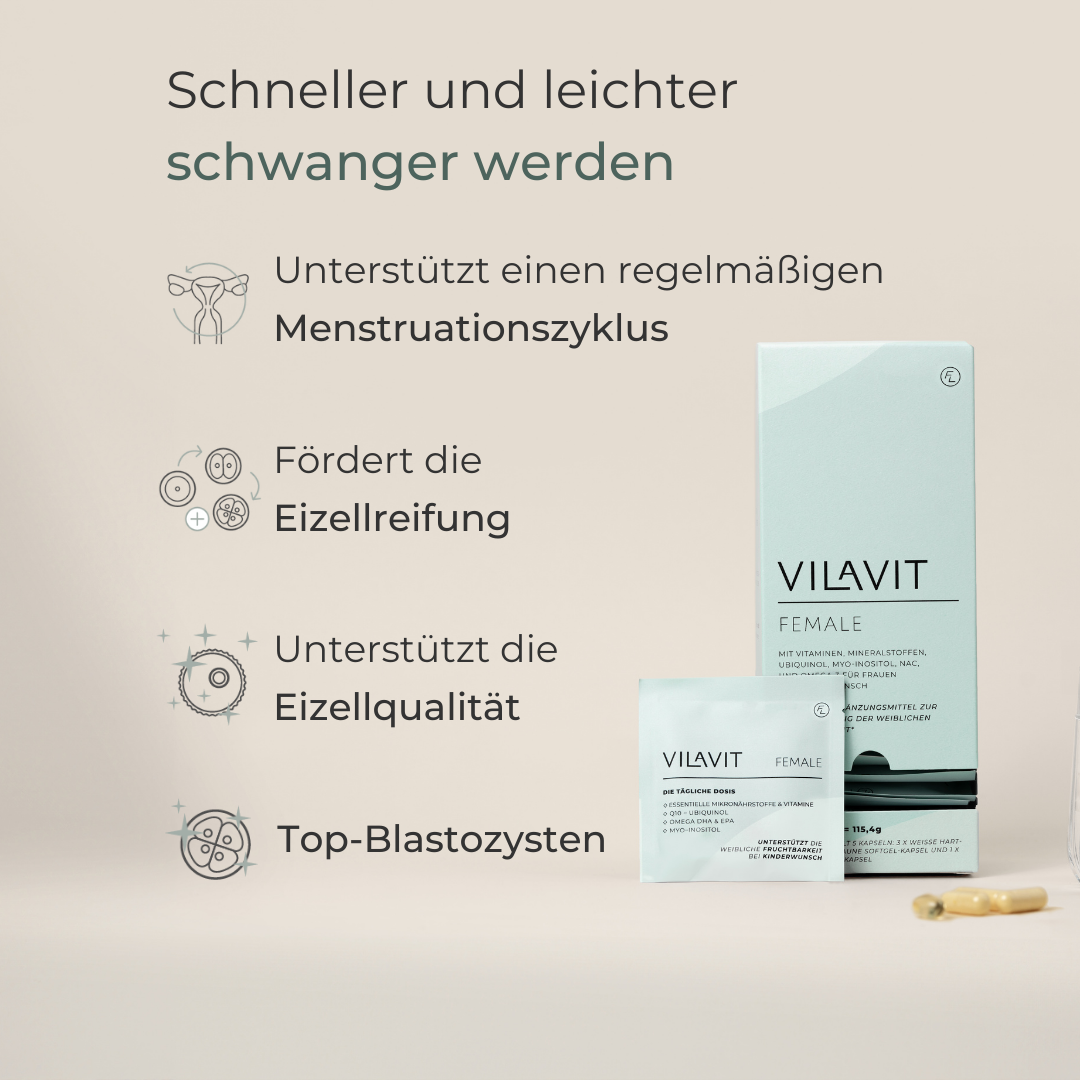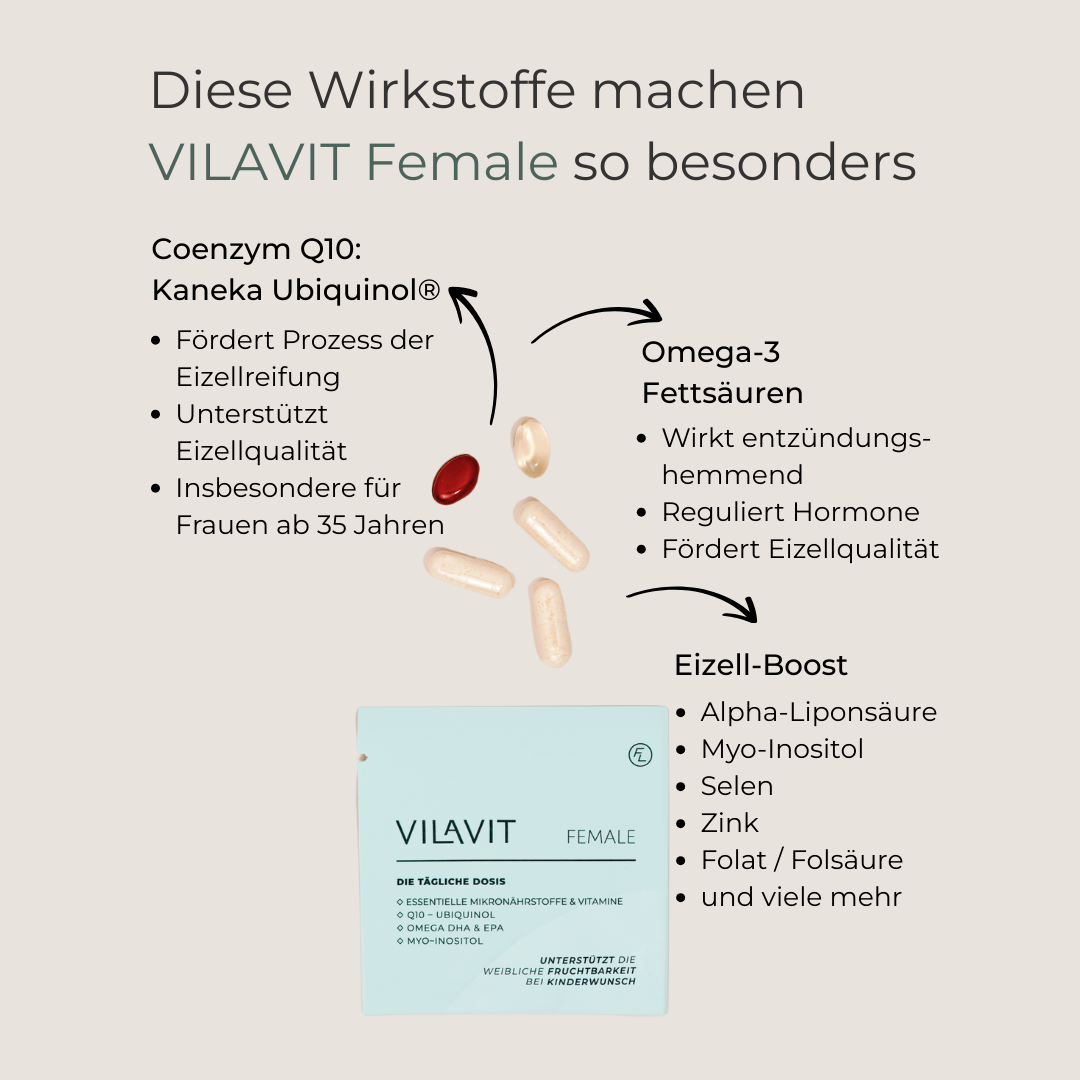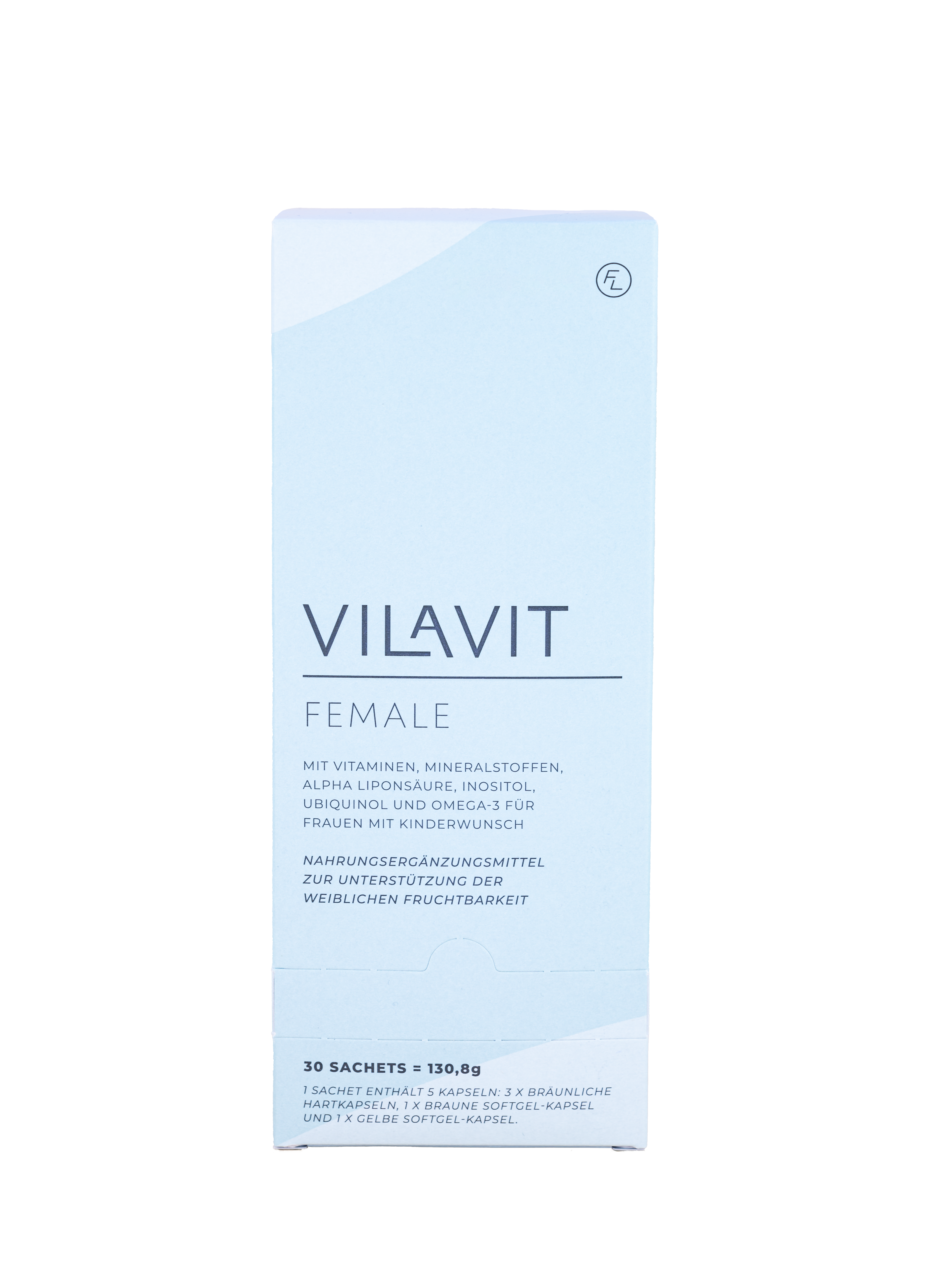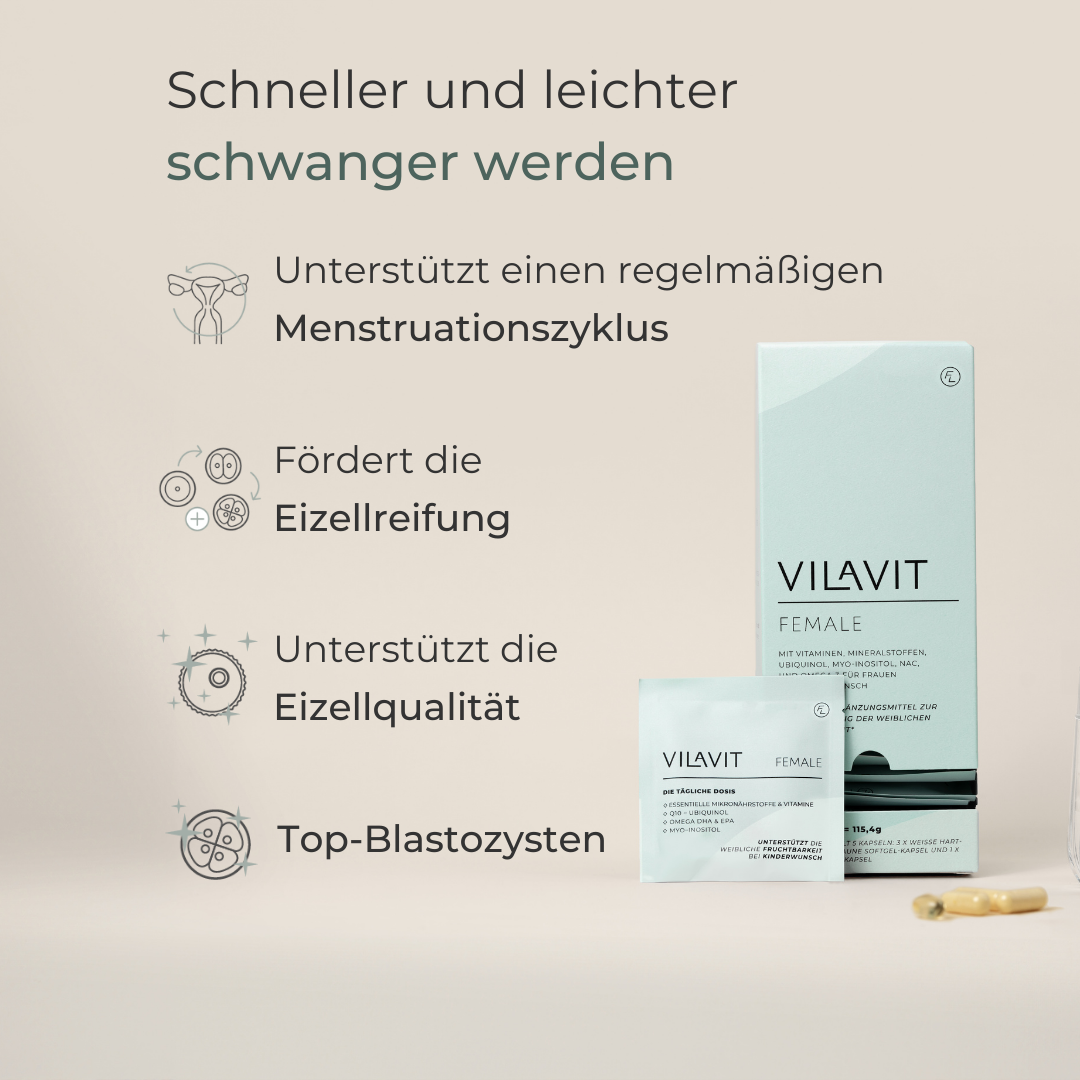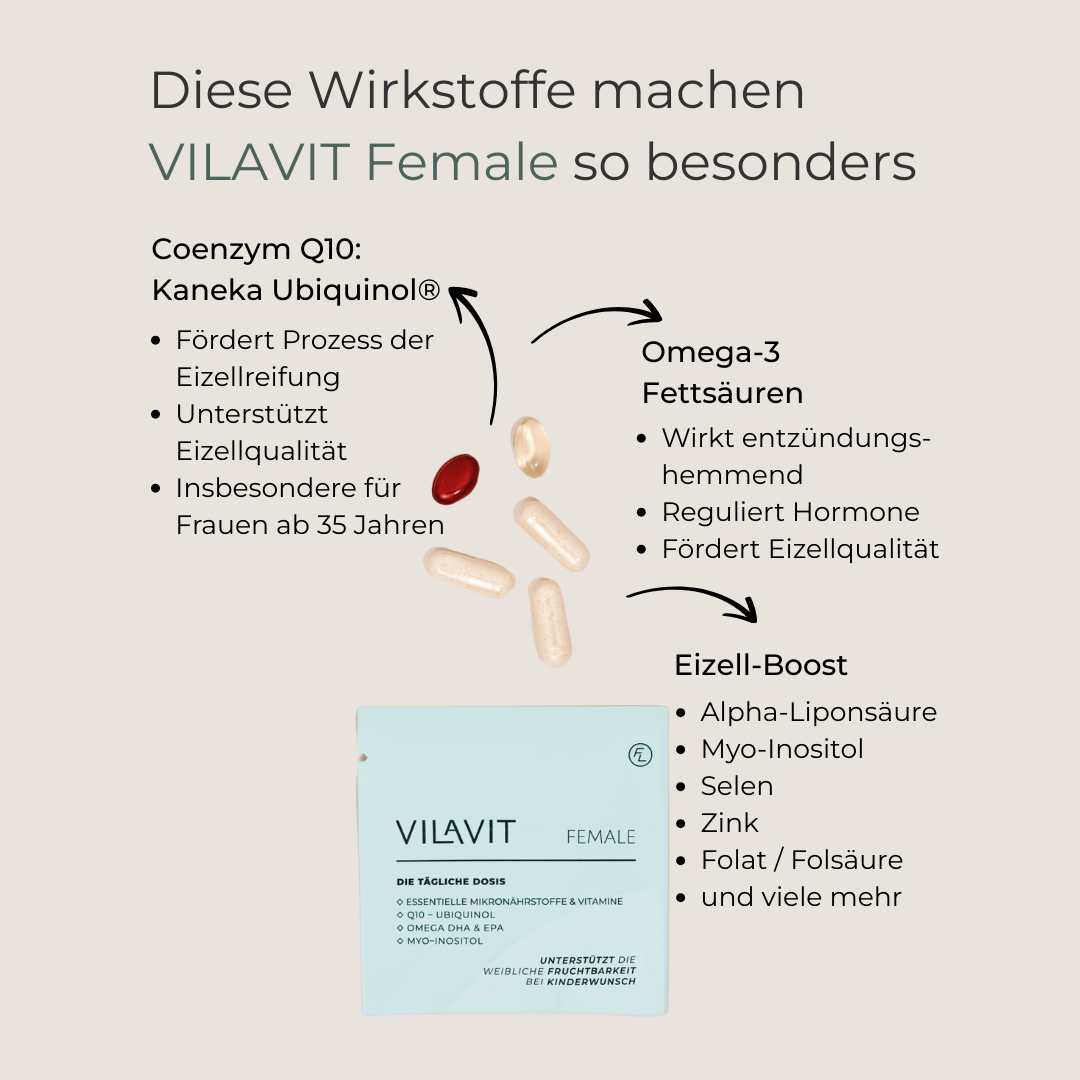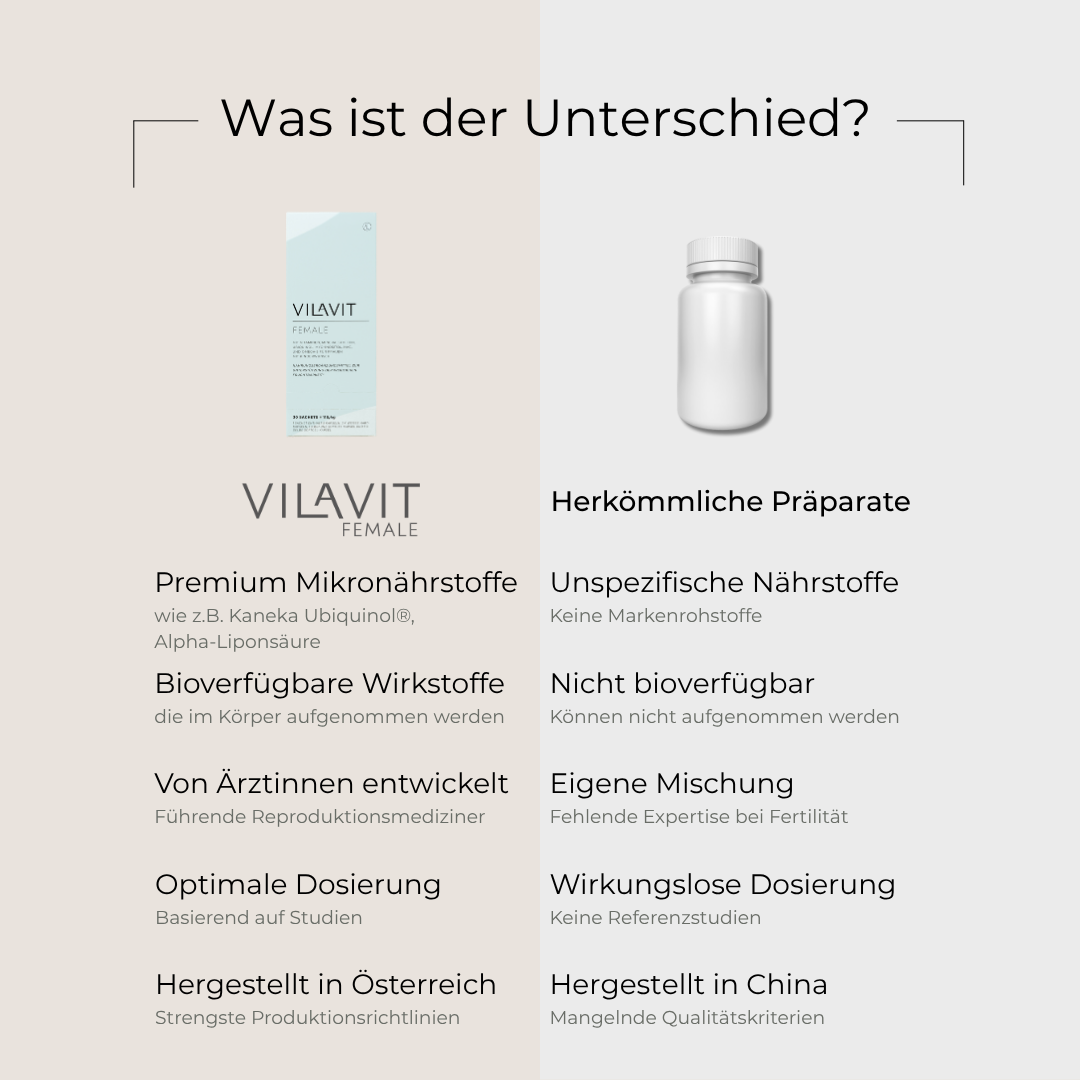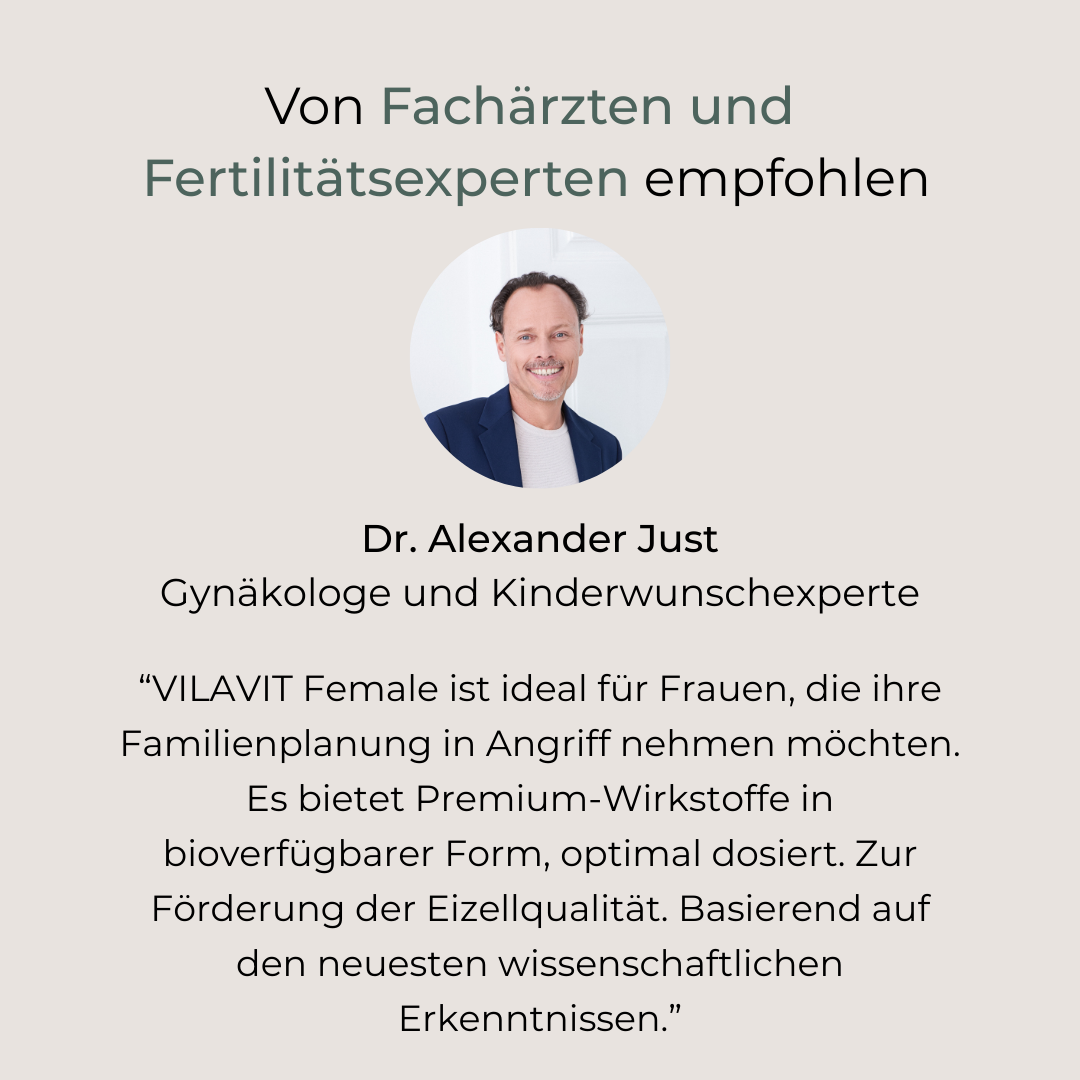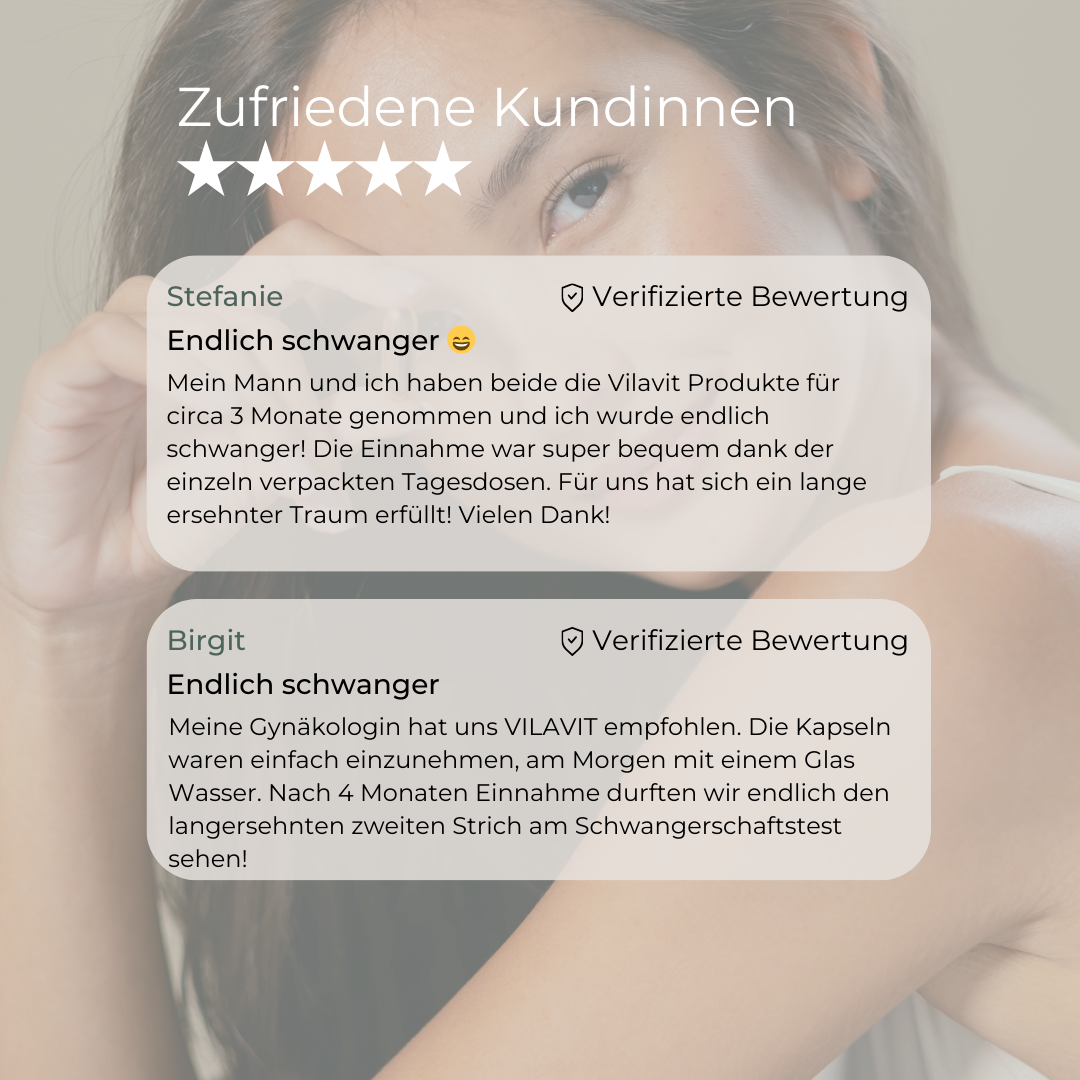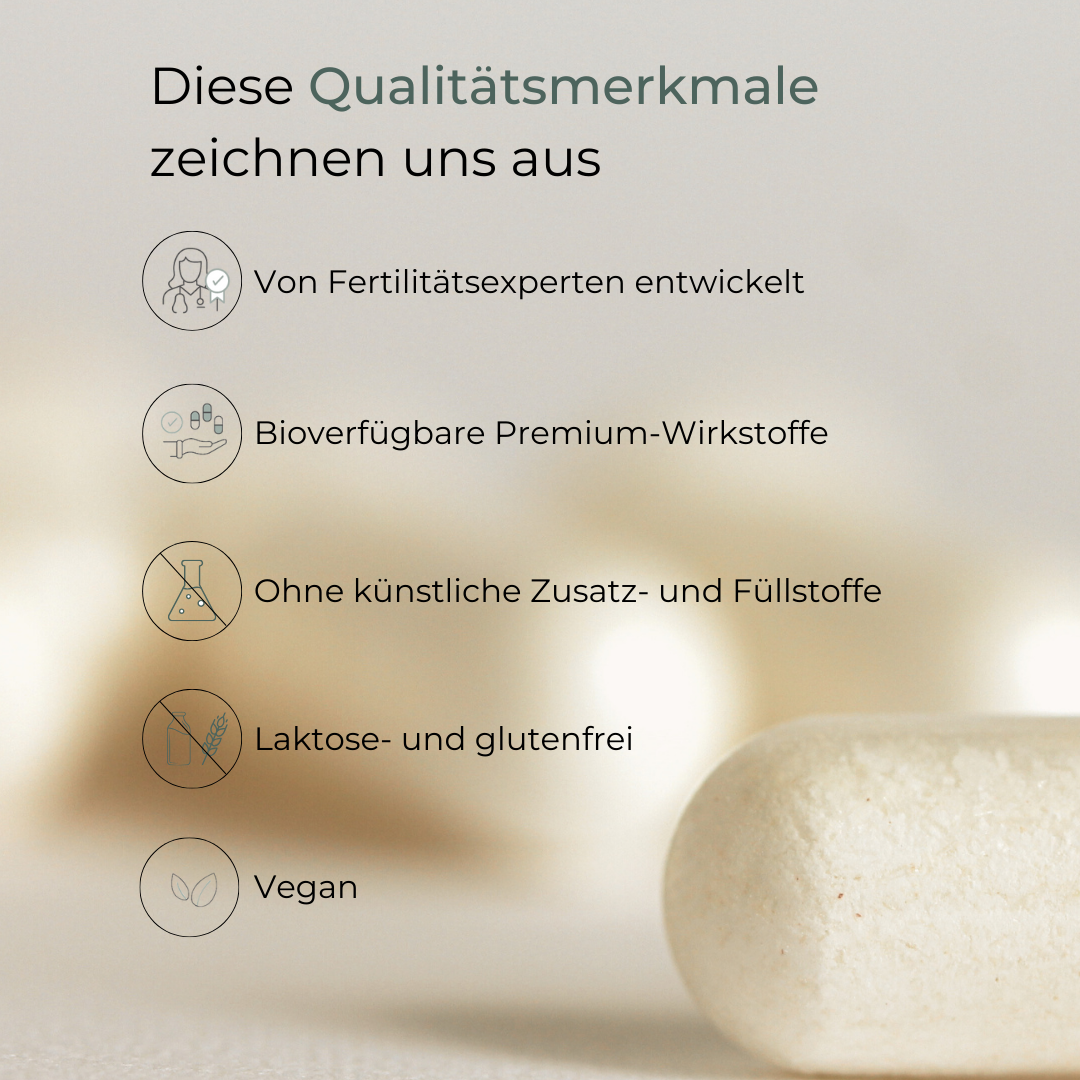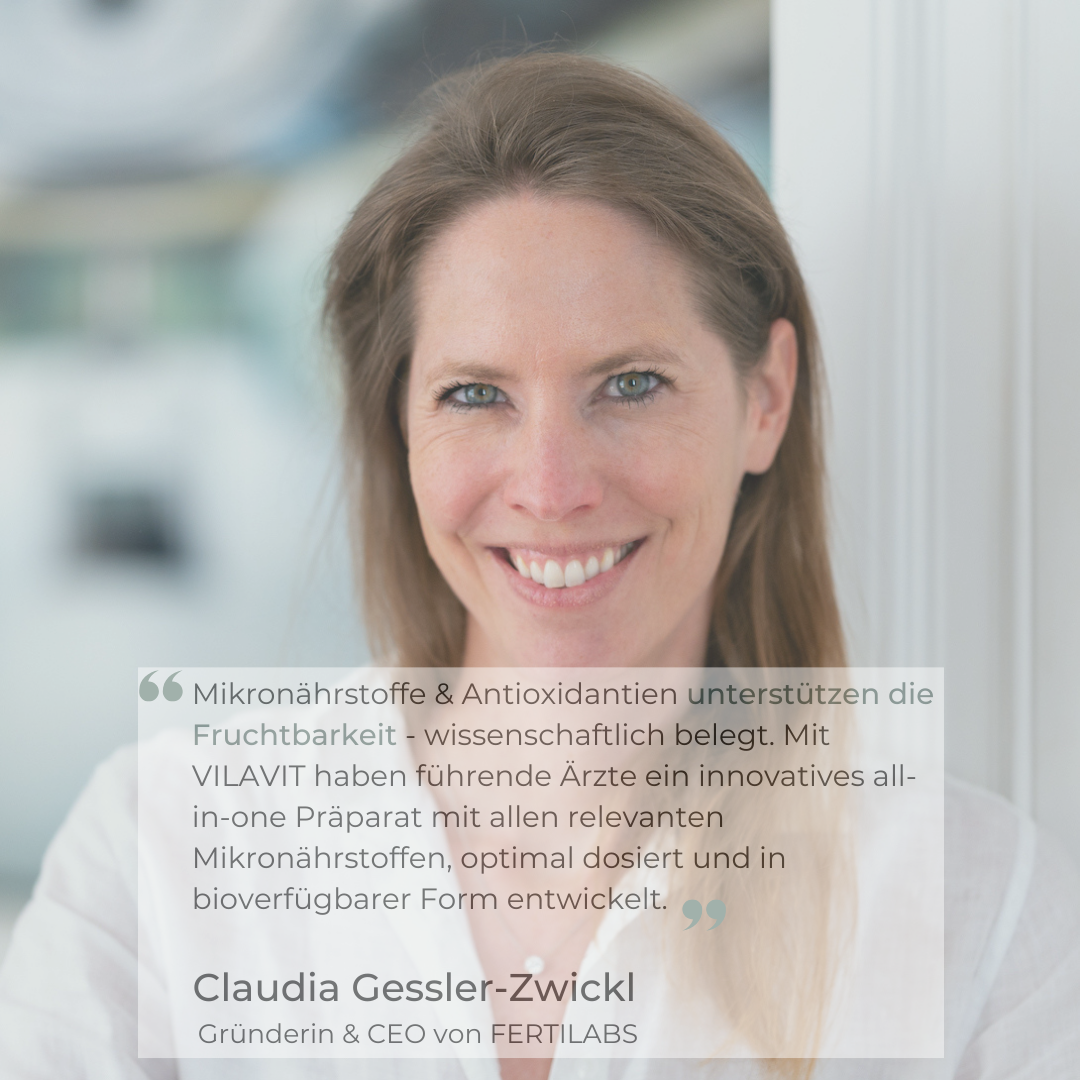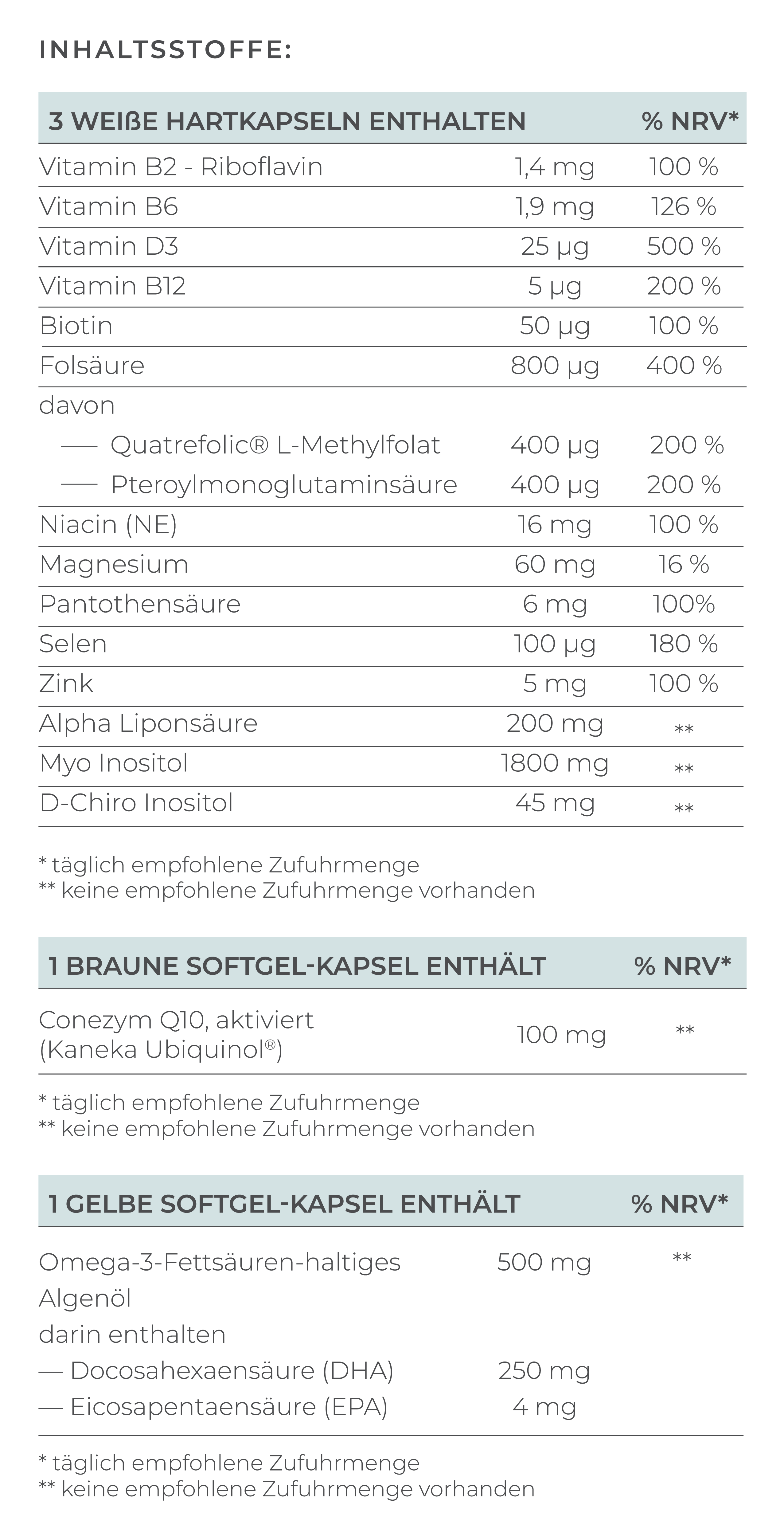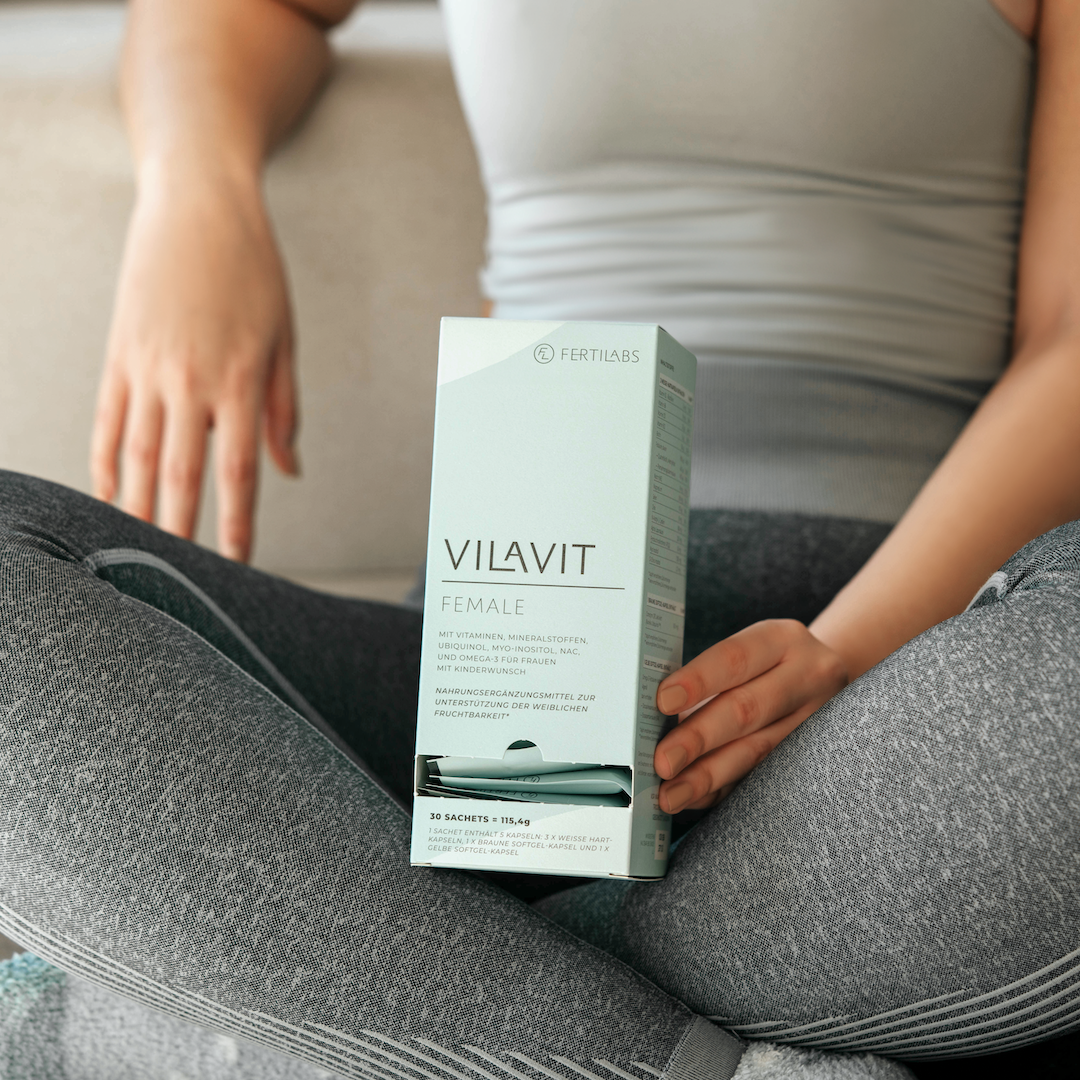Anne Hartmann being interviewed: Your Journey & Your Motivation
Would you like to share how you came to found a start-up on the topic of social freezing?
A few years ago, I dealt intensively with the topic of social freezing myself - not because I want to remain childless, but because I wanted freedom of choice. So I also decided to freeze my own eggs. This journey was emotionally, medically, and organizationally complex. I quickly realized: there is a lack of neutral information, mental support, and a space where women truly feel seen - regardless of whether they want to become mothers or not.
With Onni Care, we are creating exactly that: a platform and a fertility companion - our ONNI, who supports women in their fertility, whether they are proactively freezing their eggs, still in the decision-making process, or already in the middle of hormone chaos.
Basics & Education
What exactly is social freezing—and how does it differ from medically indicated egg freezing?
Social freezing means freezing eggs proactively - not for medical reasons, but mostly for social or personal ones: because you don't (yet) have the right partner, want to better plan your career and family, or simply want to gain more time.
The difference from medical indications (e.g., before chemotherapy) lies in the why, not the how. The medical process is the same—but social freezing must be paid for out of pocket.
Who do you recommend social freezing to—and is there an ideal age for it in your opinion?
I recommend it to all women who want to consciously engage with their family planning - regardless of relationship status, career, or age.
Ideally, the best time is between 28 and 35 years, as this is when egg quality is statistically highest. But: it's not about pressure, it's about perspective. The decision should be individual - our goal is to help women make an informed one.
What common misconceptions do you often encounter when women think about social freezing?
Many believe that frozen eggs guarantee a future child - which unfortunately isn't true. We also often hear: “I'm not old enough for such a step” - when in fact, freezing early is what really makes the difference.
And then there's the belief that social freezing is a selfish or “unromantic” act - but it's actually a deeply thoughtful and loving step toward one’s future and a form of preventive care that is becoming increasingly relevant for many women.
Physical Preparation
What can I do to optimally prepare my body for social freezing?
You can do a lot - above all by taking the time to check your hormone levels, eating a nutrient-rich diet, and working with your body instead of against it. A healthy lifestyle and stress reduction are also recommended - meaning quitting smoking, limiting or avoiding alcohol, and getting enough sleep.
Cycle tracking, hormone level analysis (e.g., AMH), and a good understanding of your fertility help you make informed decisions.
What role do nutrition, exercise, sleep, and stress management play?
Nutrition, movement, sleep, and mental balance all influence your hormonal balance. Everything we can do to support our body—we should do.
You don't need to completely change your life, but small routines—like magnesium-rich foods, moderate exercise, and enough sleep—can make a real difference.
Are there specific supplements or micronutrients you would recommend?
Yes - but you shouldn’t supplement randomly. What matters are the micronutrients that truly support egg maturation and the process called meiosis. Originally, the egg cell carries 46 chromosomes, but for fertilization, it must be reduced to just 23. This is a highly energy-intensive process. As we age, chromosomal anomalies become more common because the body lacks the necessary energy to complete this process accurately. This is where specific active ingredients like ubiquinol come in, helping the body support this process successfully.
A product we particularly recommend at Onni Care is VILAVIT Female. It contains a thoughtful combination of coenzyme Q10 in the form of ubiquinol, myo-inositol, folate, vitamin D3, and other antioxidants like alpha-lipoic acid - with a focus on supporting mitochondrial function, which is essential for egg maturation.
Mental & Emotional Aspects
How can I mentally prepare for the procedure and the entire journey?
Talk to other women, seek support, and allow yourself to feel all your emotions - from empowerment to fear. It's okay not to carry everything on your own. That’s why at Onni Care, we also offer mental support and opportunities for exchange.
It also helps to remember: You’re making this decision from a place of strength - not from lack.
From your experience, what are typical emotional challenges in this phase?
Many women feel alone in making this decision. It's emotionally, hormonally, and socially charged. Questions arise like:
What if I never need it? What if I do - and it doesn’t work?
Or: Why do I even have to make this decision - and why does so much responsibility fall on us women?
All of that is normal - and deserves space.
How important is it that my environment (friends, family, partner) is involved?
Very important - if you’re comfortable with it. It can be incredibly supportive to have someone by your side. But it’s your journey. And if you want to go it alone at first - that’s completely okay too.
Process & Realistic Expectations
What exactly happens during social freezing - from the first consultation to egg retrieval?
First, there is a hormone level analysis and a consultation. Then the stimulation phase begins - for about 10–12 days, you’ll receive hormone injections to mature multiple eggs at once. These are then retrieved under a 15–20 minute anesthesia and frozen.
After the procedure, most women take 1–2 days to recover - and then it's done.
What should I absolutely know or consider in advance?
That social freezing is not a “Plan B,” but a forward-thinking step. That you should prepare both physically and emotionally - and that it’s okay to seek help. And: there are no guarantees - but more options.
How many eggs are ideal—and what does it depend on?
That depends on your age and individual fertility. Studies often recommend freezing 15–20 eggs to realistically achieve a pregnancy later. Some women undergo two cycles for this - that's completely normal.
Legal Aspects
What legal regulations apply to social freezing in Germany and Austria?
In Germany, social freezing is allowed but not covered by health insurance. Eggs can be stored for up to 10 years - after that, the clinic decides together with you how to proceed. In Austria, social freezing is not officially permitted, but is now possible under certain conditions (e.g., a low AMH value for your age) - this must be clarified individually.
What happens to my eggs if I don’t use them—or if my life circumstances change?
This is regulated in the contract with the clinic. You decide whether to continue storing them, donate them, or have them discarded - many clinics offer annual updates. What matters is: your decision counts - and it can change.
Are there specific contractual points I should pay attention to when signing with a clinic?
Yes - for example, storage duration, cancellation periods, follow-up storage fees, and what happens if you move or the clinic closes. Read everything carefully - and ask questions if anything is unclear. That’s your right.
Costs & Planning
What costs should I expect and what’s typically included?
The cost per cycle is around €3,000–€5,000, depending on the clinic. There are also storage costs (about €300–€500 per year). The price usually includes the consultation, hormone treatment, the procedure, and the freezing.
Are there any options for financial support or installment plans?
Some clinics offer installment payment models - it’s definitely worth asking proactively if you can’t or don’t want to pay the full amount at once. Especially U.S.-based companies now offer their employees in Europe so-called “fertility benefits,” which can include social freezing.
Society & Politics
Do you think women who choose social freezing need more societal or political support?
Absolutely. We need to stop treating fertility as a purely private matter. It’s a societal issue - just like access to daycare or parental leave. Those who take precautions today often reduce future healthcare costs - and deserve support, not stigma.
Your Advice & Outlook
What would you say to women who are still hesitant or unsure?
You don’t have to decide right away - but you’re allowed to educate yourself. The greatest freedom is having a choice at all. Social freezing isn’t a “last resort,” it’s an act of self-care. And you have every right to take yourself seriously - especially when no one else does.
What do you wish for the future—when it comes to education, research, or access to social freezing?
I wish for a world where women understand their fertility early on - and get to decide for themselves what they want to do with that knowledge.
I hope to see more long-term studies, better emotional support in clinics, and more employers stepping up and taking responsibility.
And I dream of a time when we don’t have to explain why women are taking precautions - because it’s simply normal to take care of yourself.


